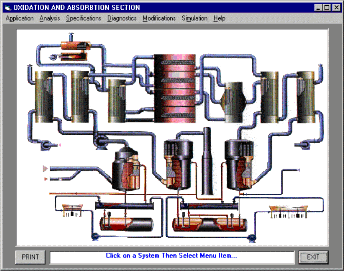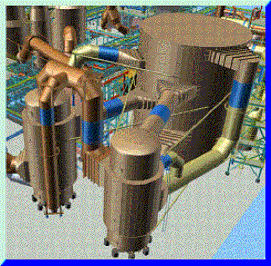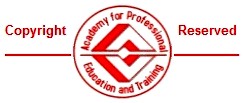

Reliability and Performance Analysis in Engineering Design
Availability and Maintainability Analysis in Engineering Design
Safety and Risk Analysis in Engineering Design
Engineering Design Project Management
Training Courses in Integrity of Engineering Design:
The Integrity of Engineering Design 1-day and 2-day courses are especially designed for engineering staff in industry organisations involved in process design and offer an in-depth insight into reliability, availability, maintainability and safety (RAMS) analysis during the different phases of the design process, specifically conceptual, preliminary and detail engineering design.
The courses are based on the book by Dr Rudolph Frederick Stapelberg: 'Handbook of Reliability, Availability, Maintainability and Safety in Engineering Design' (ISBN: 978-1-84800-174-9 Springer, London www.springer.com). This book studies the combination of various methods of designing for reliability, availability, maintainability and safety, as well as the latest techniques in probability and possibility modelling, mathematical algorithmic modelling, evolutionary algorithmic modelling, symbolic logic modelling, artificial intelligence modelling, and object oriented computer modelling, in a logically structured approach to determining the integrity of engineering design.
The courses not only encompass a depth of research into engineering design methods and techniques ranging from quantitative probability theory and expert judgement in Bayesian analysis to qualitative possibility theory, fuzzy logic and uncertainty in Markov analysis; from reliability block diagrams, fault trees, event trees and cause-consequence diagrams to Petri nets, genetic algorithms and artificial neural networks; but it also covers a breadth of research into the concept of integrity in engineering design.
The courses are based on the book by Dr Rudolph Frederick Stapelberg: 'Handbook of Reliability, Availability, Maintainability and Safety in Engineering Design' (ISBN: 978-1-84800-174-9 Springer, London www.springer.com). This book studies the combination of various methods of designing for reliability, availability, maintainability and safety, as well as the latest techniques in probability and possibility modelling, mathematical algorithmic modelling, evolutionary algorithmic modelling, symbolic logic modelling, artificial intelligence modelling, and object oriented computer modelling, in a logically structured approach to determining the integrity of engineering design.
The courses not only encompass a depth of research into engineering design methods and techniques ranging from quantitative probability theory and expert judgement in Bayesian analysis to qualitative possibility theory, fuzzy logic and uncertainty in Markov analysis; from reliability block diagrams, fault trees, event trees and cause-consequence diagrams to Petri nets, genetic algorithms and artificial neural networks; but it also covers a breadth of research into the concept of integrity in engineering design.


Such breadth of research is represented by the inclusion of the topics of reliability and performance, availability and maintainability, and safety and risk, in an overall concept of designing for integrity during the different phases of the engineering design process. These topics add significant value to the theoretical expertise and practical experience of process, chemical, civil, mechanical, electrical, and electronic engineers, by considering process engineering design from the point of view of “what should be achieved” to meet criteria for designing for reliability, availability, maintainability and safety.


Training Courses - Integrity of Engineering Design






















